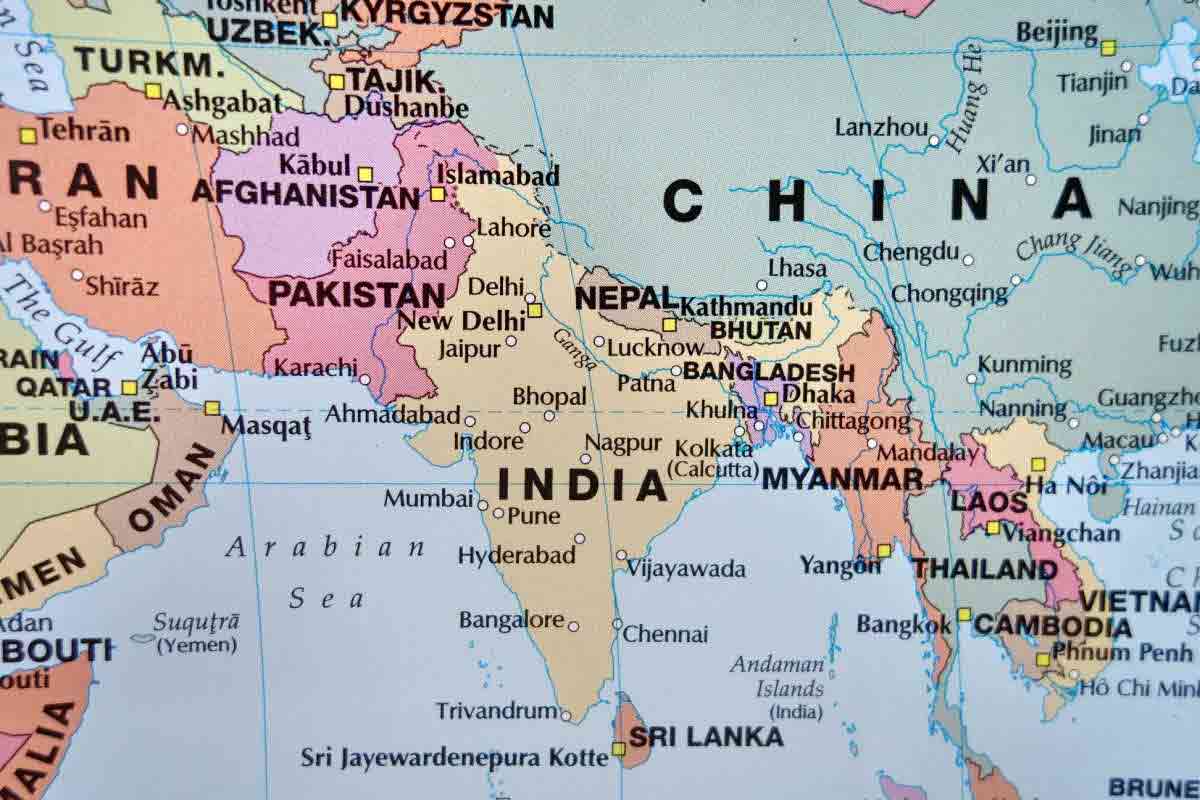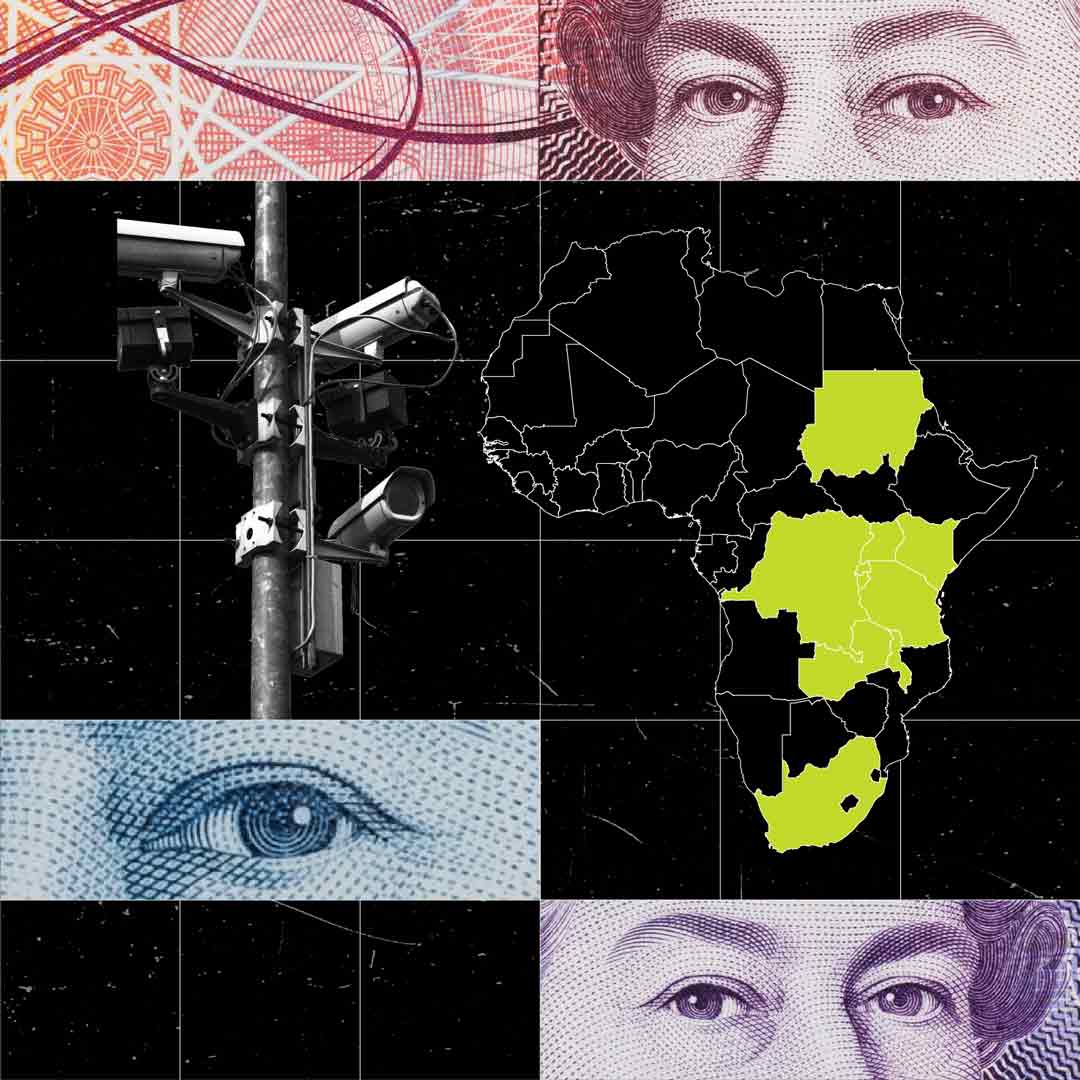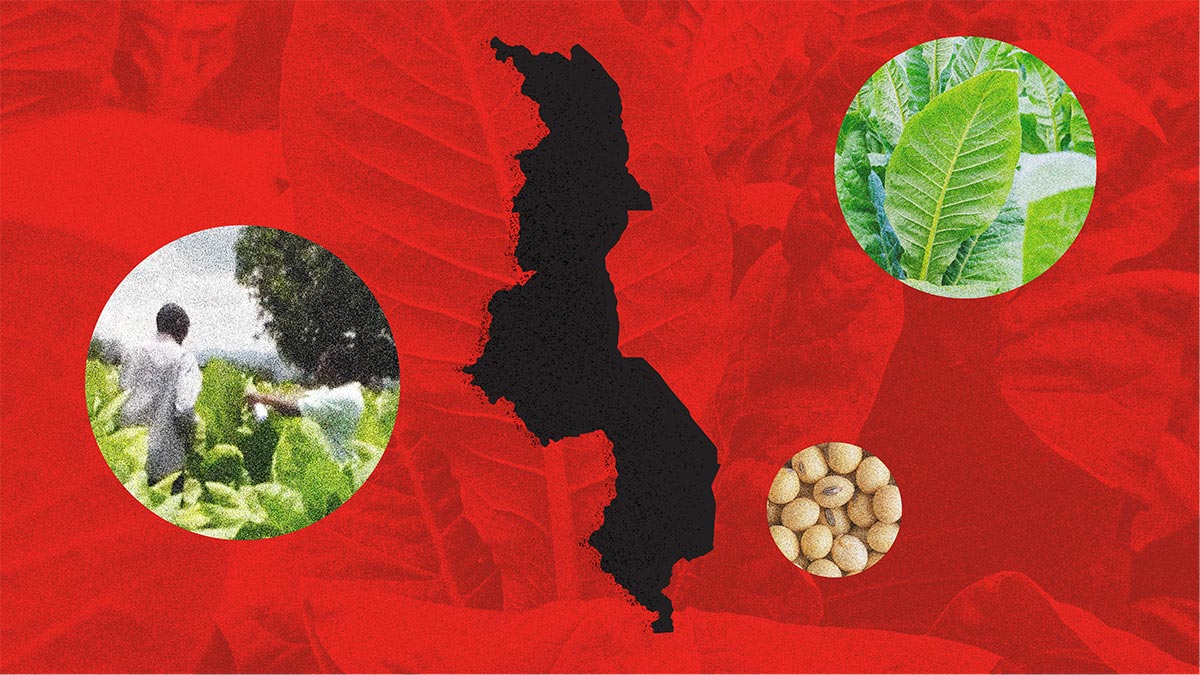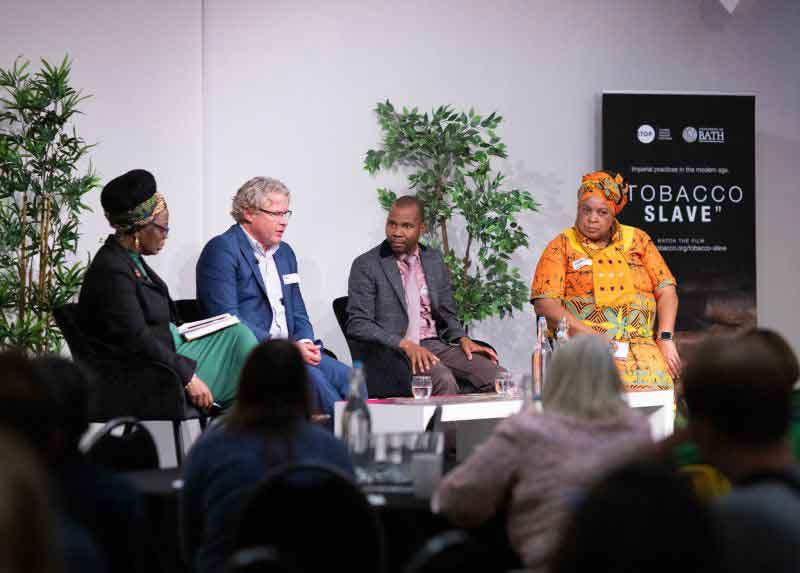- Resources
- News
-
-
Get Email Updates
Sign up for STOP's emails and never miss an update on our latest work and the tobacco industry's activity.
-
Get Funding
Ready to tackle industry interference? You could be eligible for a grant.
-
Share a Tip
Do you have information on tobacco industry misconduct in your country? Let us know.
-
Get Email Updates
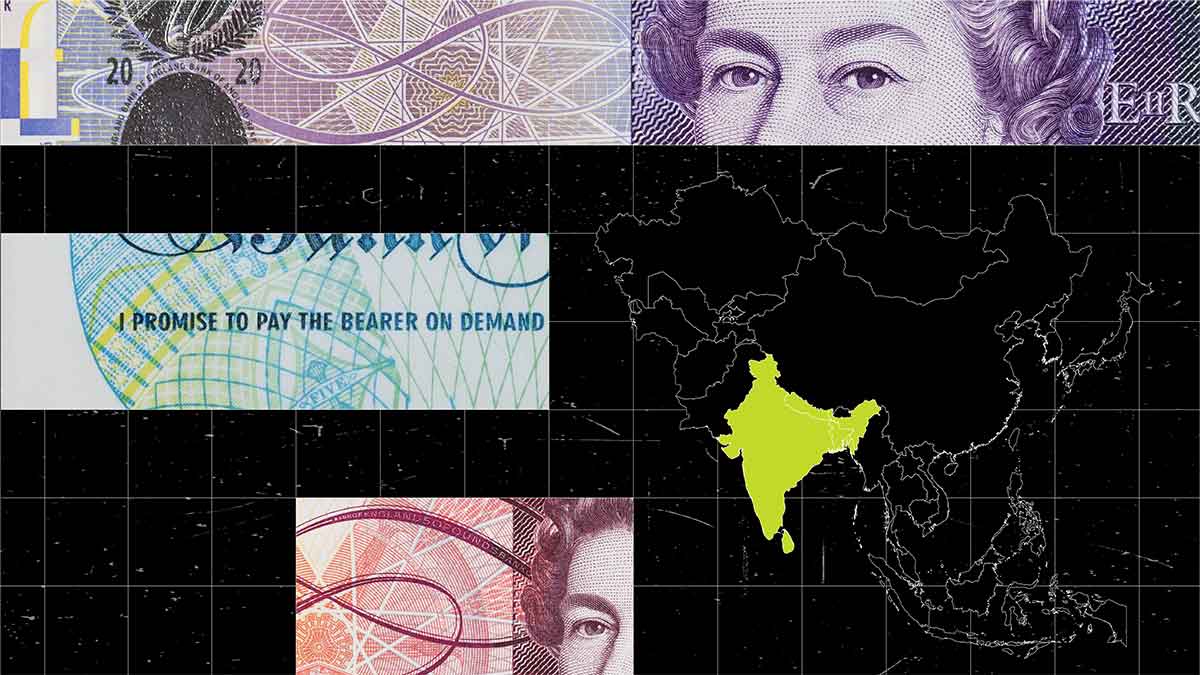
Countries in South Asia have made impressive progress in tobacco control: India has banned tobacco imagery in movies, Nepal and Sri Lanka have instituted some of the world’s largest pictorial health warnings on tobacco packaging, and direct tobacco advertising is banned throughout the region.
Despite these important advancements, the region’s tobacco epidemic continues to harm public health. A new report suggests that British American Tobacco (BAT) may have something to do with it.
BAT’s influence in South Asia
Tobacco industry interference in anti-tobacco policies has been documented in every region of the world. But more details are coming to light that BAT may be a unique offender, willing to do almost anything—legal or otherwise—to keep people smoking. A new report on BAT and its local affiliates in South Asia, published by the Institute of Public Health Bengaluru and The Union, a partner in STOP, adds to this body of evidence. The report describes cases of potential tax avoidance, refusal to comply with mandated health warnings, the alleged use of the U.K.’s diplomatic resources to try to waive unpaid tax and more.
The report contributors focused on two specific industry tactics in the region: corporate social responsibility (CSR) activities in India and Bangladesh, and tobacco tax interference in Nepal and Sri Lanka. Their examples reveal an apparent multi-pronged strategy to keep people addicted.
BAT’s corporate social responsibility examples—and how they threaten health
Corporate social responsibility activities, such as donations to charities or funding of public programs, can be beneficial when carried out by certain industries. But when CSR comes from the tobacco industry, it presents unique threats to tobacco control and public health.
The report details several examples (and consequences) of corporate social responsibility in India carried out by ITC Limited (ITC), in which BAT is a roughly-30% shareholder. According to the report, ITC used CSR activities, such as investing in government programs like Swachh Bharat Abhiyaan (Clean India Mission) to foster partnerships with government officials. ITC also used CSR donations to interface with civil society organizations, including Read India Plus, BAIF Development Research Foundation, Ramkrishna Mission and the Foundation for Ecological Security, to name a few. The tobacco company even carried out CSR activities that ultimately served its own business needs, including running a campaign called “Grow Your Own Fuel” which financed farmers growing eucalyptus—a tree that ITC uses for paper production.
In Bangladesh, BAT’s local affiliate, British American Tobacco Bangladesh (BATB), focused its efforts on COVID-related corporate social responsibility, according to the report. The contributors found many examples of BATB making—and often publicizing—donations of personal protective equipment and hand sanitizer to government hospitals, local administrative bodies and various government ministries.

When CSR comes from the tobacco industry, it presents unique threats to tobacco control and public health.
While these actions sound positive, their long-term effects can damage public health. When a tobacco company gains access to government officials through CSR, they gain a new avenue through which to influence policies that would reduce tobacco consumption. When a tobacco company publicizes funding of civil society groups, it wins a new advertising opportunity. The public becomes not only more aware of the company, but its perception of the company may improve, as well—securing a more favorable business environment. Ultimately, tobacco industry corporate social responsibility is a business strategy to ensure the continued manufacturing, marketing and selling of addictive, deadly products.
BAT’s tax interference—familiar tactics, different region
Tobacco taxes are more than just a financial burden to tobacco companies. When tobacco taxes are raised to the point where tobacco products become unaffordable, they’re an incredibly effective way of reducing tobacco consumption. BAT has been called out for avoiding taxes in low- and middle-income countries all over the world, including Bangladesh, Brazil, Guyana, Indonesia, Kenya, Trinidad and Tobago, Uganda and Zambia. Now, the report contributors have uncovered more examples in Nepal and Sri Lanka.
Surya Nepal Private Limited, BAT’s Nepalese affiliate, may be a major reason cigarette taxes in Nepal have remained low, the report asserts. In an interview, a member of the Ministry of Health and Population said, “Surya Nepal influences state-policies and laws (regarding tobacco taxation) to make them favourable for the tobacco market.” In addition to influencing tax laws for its own benefit, the contributors reported that Surya Nepal products have been found without excise duty stickers, and the company has refused to use the high-security stickers the Internal Revenue Department has recommended to help crack down on tax evasion. And, curiously, even though data from the Department of Customs in Nepal shows no cigarette exports to India in 2020, 2021 or 2022, the report says that Surya Nepal cigarettes are available in several Indian cities that border Nepal.
According to the report, BAT may be avoiding paying its fair share of taxes in Sri Lanka as well. Like India, the country uses a tiered tax system, in which cigarettes are taxed differently according to their length. Tiered tax systems like these give tobacco companies the opportunity to shift their products between tiers to minimize their taxes. Documents cited in the report indicate that in 1994, Ceylon Tobacco Company (CTC), in which BAT currently holds an 84% share, collaborated with the Treasury to develop the tax structure. This influence may have continued as recently as 2016, when a former Minister of Health and the Media Spokesperson for the Cabinet of Ministers alleged that the Chairperson of BAT had flown to Sri Lanka from the U.K. to meet with the Prime Minister regarding reducing cigarette taxes. (The report notes that neither BAT nor CTC have responded to or denied this accusation.)
BAT’s playbook at work around the world
South Asia is not the only region where dubious business practices on behalf of BAT and its affiliates have been recorded, suggesting this behavior may be part of a larger, global company playbook.
Last year, STOP published two reports on BAT’s business operations throughout Southern Africa. With the help of industry whistleblowers, STOP researchers, in collaboration with the BBC and the Bureau of Investigative Journalism, uncovered more than 230 questionable payments that may have been used to secure advantage or gain information about tobacco control legislation. They also found that BAT may have used more than 200 informants to carry out alleged corporate espionage and sabotage competitors across the region.
Heeding the warning signs
BAT appears to be exploiting its power and pocketbook to gain advantage in South Asia, and possibly elsewhere, fueling the global tobacco epidemic. We’ve seen the warning signs, and now it’s time to take action.
Governments should fully implement the World Health Organization Framework Convention on Tobacco Control, effectively putting an end to the benefits the industry gains from publicizing examples of its corporate social responsibility activities, and helping protect policies from industry interference—among many other things. And in the meantime, STOP supports the report’s call for collaboration between researchers and advocates across countries. We must continue documenting these tactics to better understand and counter the tobacco industry’s regional, and possibly, global strategies.
